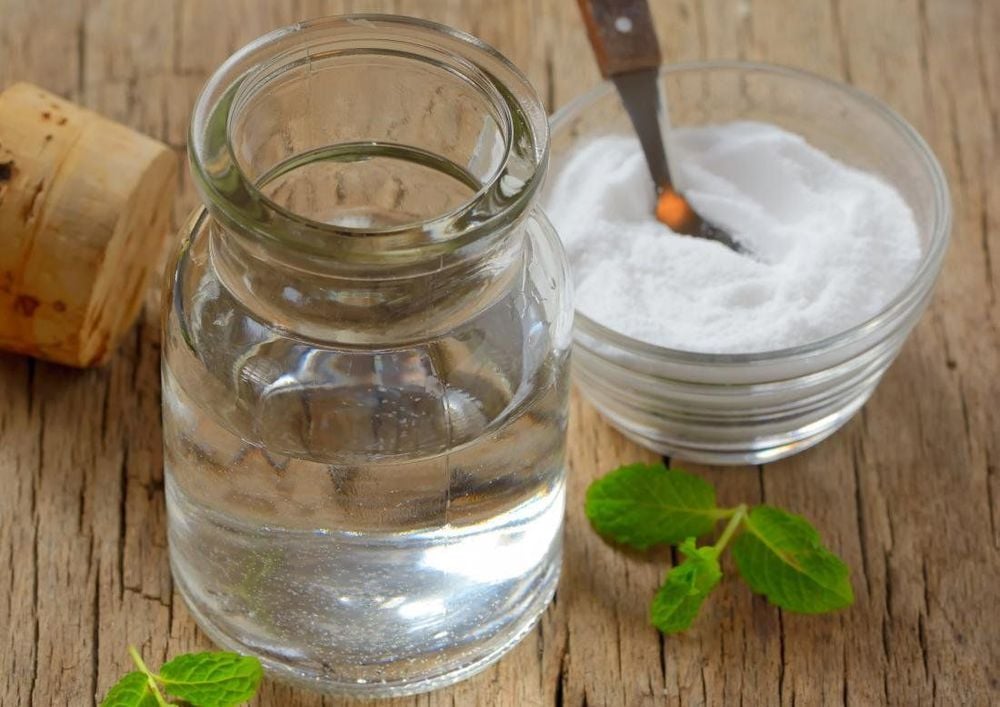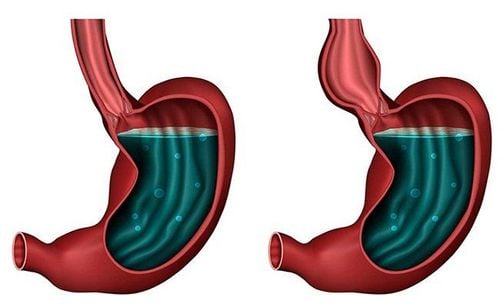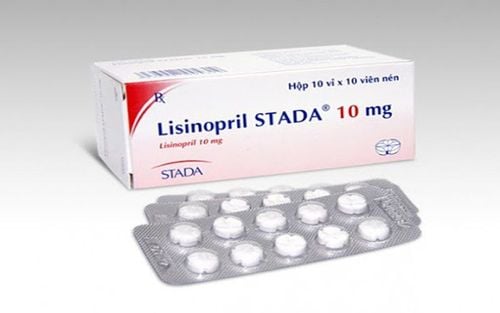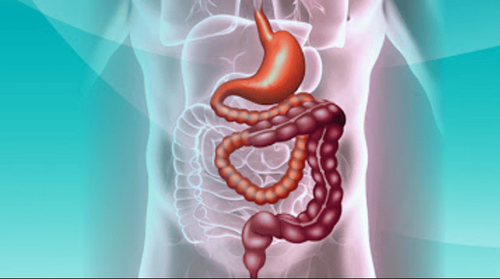This is an automatically translated article.
The article is professionally consulted by the Emergency Medicine Doctor - Emergency Resuscitation Department - Vinmec Phu Quoc International General Hospital.
Your body depends on your heart's pumping action to deliver oxygen to your blood and nutrients to your body's cells. When cells are properly nourished, the body will function properly. With heart failure, the heart is weakened and cannot supply enough blood to the cells. This leads to fatigue and shortness of breath. Daily activities such as walking, climbing stairs, or carrying goods can also become very difficult.
1. What is heart failure?
Heart failure is a condition in which the heart muscle is no longer able to pump enough blood to meet the body's peripheral oxygen needs. This is the ultimate complication of all heart, arterial and systemic diseases. Due to the condition of each disease, the heart can fail on one side first and then lead to total heart failure or total heart failure in the first place.
2. Menu for people with heart failure
The most important rule when building a menu for people with heart failure is to reduce salt and water. The amount of water to drink outside of meals must be equal to the amount of urine in 24 hours plus 300 ml. Limit salt to reduce edema, reduce the amount of circulating blood, increase the excretion of waste products. The maximum amount of salt is 0.2 - 0.5 g / day, eat completely if the heart failure is too severe.
Energy: Under 1500Kcal/day. Protein: 0.8g/kg per day. Protein increases basal metabolism, increases blood flow, and fatigues the heart muscle. Use protein from milk and fish. Glucose: Use simple sugars that are easily absorbed (fruit, honey). Fat : Do not add when preparing food. Vegetables: Should be used a lot. Avoid gas-producing foods and fermented foods such as eggs and beans because they will push the diaphragm up, affecting the heart. Limit foods that inhibit nerves such as tea, coffee, alcohol, spices. Do not use processed foods containing a lot of salt such as pickles, eggplant, shrimp paste, bread, smoked meat, pate, sausages, sausages. A diet with milk, vegetables, and potatoes will satisfy the above principles because it contains less salt, has a lot of potassium and many alkaline factors to fight acidosis and has little protein, has a lot of sugar for good metabolism, Less energy for the digestive system to rest.

Nguyên tắc quan trọng nhất khi xây dựng thực đơn cho người suy tim là giảm muối và nước.
2.1. Diet for patients with heart failure grade 1 - 2
Use a light and moderate diet: 2-3g salt/day. Energy: 1,400-1,500 Kcal. Protein: 0.8 g/kg. Water: Drink less.
2.2. Diet for patients with heart failure grade 3
Amount of salt: 1-2g. Protein: 40g. Energy: 1,200 - 1,300 Kcal.
2.3. Diet for patients with heart failure grade 4
Use the Karen regime, including: Milk, juice, glucose in the first days (2 - 3 days). Then add cereal, eggs and meat.The first days: Energy 700 Kcal, protein 17g, total water both eating and drinking is 900ml (including water and milk). The following days: Eat more egg porridge, energy 1,000 Kcal, protein 30g, total water 1,300 ml. Sample menu for the first 2-3 days:
6 hours: Mixed milk 100ml (50ml soy milk, 50ml cow's milk, 10g sugar). 9 o'clock: Mixed milk 100 ml. 12 hours: Mixed milk 100 ml. 15 hours: Mixed milk 100 ml. 18 hours: Mixed milk 100 ml. 21 hours: Glucose 20% 100 ml.
Sample menu for the following days:
6 hours: 100ml mixed milk (50ml soy milk, 50ml cow's milk, 10g sugar). 9 o'clock: Mixed milk 100 ml. 12 hours: Mixed milk 100ml, egg porridge 200ml (20g plain rice, 1 egg). 15 hours: Mixed milk 100 ml. 18 hours: Mixed milk 100 ml, sugar porridge 200 ml (20g rice, 30g sugar). 21 hours: Glucose 20%: 100 ml.
In addition to complying with the above principles, it is necessary to pay attention to some of the following notes:
Process food in a soft, tender form. Should not eat vegetables that cause bloating, flatulence, fermented foods such as: Cabbage, vegetables, beans, pickles, ... Meals must be far from bedtime, after eating need to rest. 30-40 minutes. If the patient has a lot of edema, it is necessary to limit the amount of water in the body and eat completely bland. For patients with heart failure who are taking anticoagulants, it is recommended to limit the intake of dark green leafy vegetables such as: Kale, green tea, asparagus, avocado, broccoli, cabbage, cauliflower, blind cherries, liver, soybeans, peas, green beans, radishes, parsley, and lettuce,... Please follow the website: Vinmec.com to update information on nutrition, health, as well as book an appointment/consultation quickly if needed.
Please dial HOTLINE for more information or register for an appointment HERE. Download MyVinmec app to make appointments faster and to manage your bookings easily.













